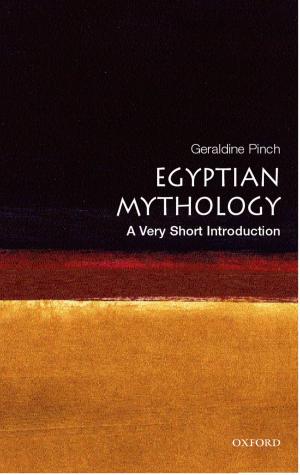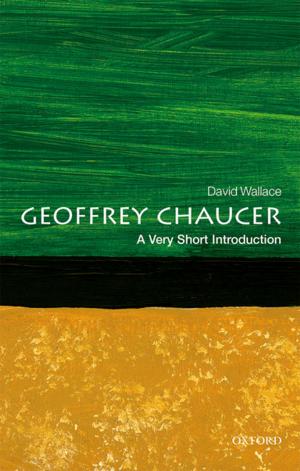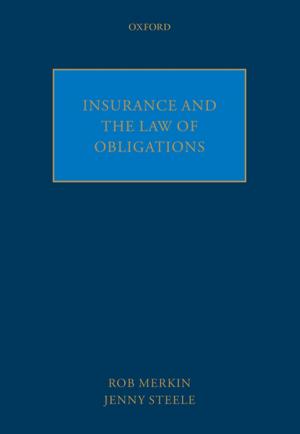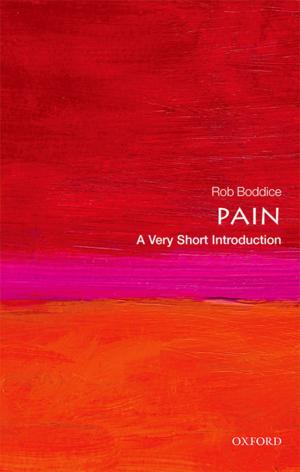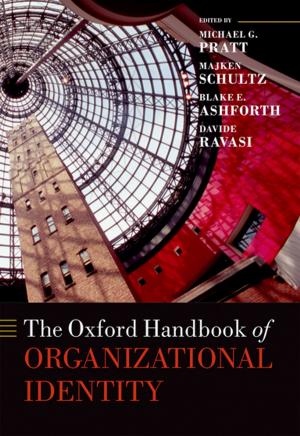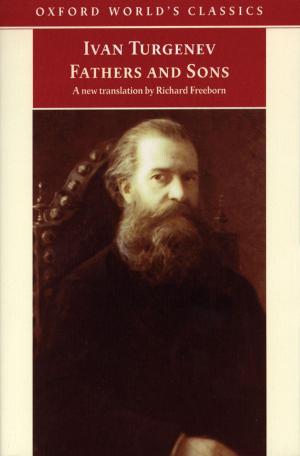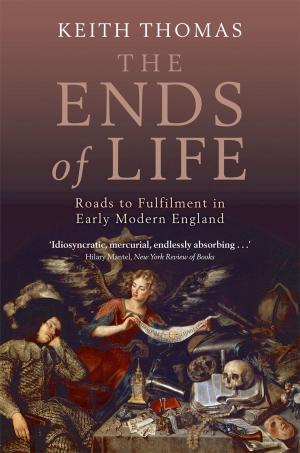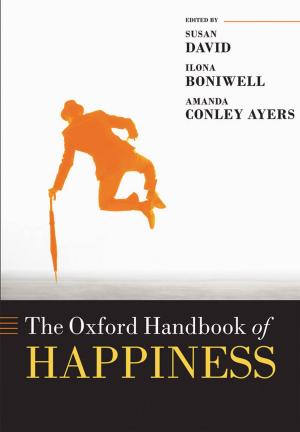Out-of-Body and Near-Death Experiences
Brain-State Phenomena or Glimpses of Immortality?
Nonfiction, Health & Well Being, Medical, Religion & Spirituality, Philosophy| Author: | Michael N. Marsh | ISBN: | 9780191610127 |
| Publisher: | OUP Oxford | Publication: | January 21, 2010 |
| Imprint: | OUP Oxford | Language: | English |
| Author: | Michael N. Marsh |
| ISBN: | 9780191610127 |
| Publisher: | OUP Oxford |
| Publication: | January 21, 2010 |
| Imprint: | OUP Oxford |
| Language: | English |
Personalised accounts of out-of-body (OBE) and near-death (NDE) experiences are frequently interpreted as offering evidence for immortality and an afterlife. Since most OBE/NDE follow severe curtailments of cerebral circulation with loss of consciousness, the agonal brain supposedly permits 'mind', 'soul' or 'consciousness' to escape neural control and provide glimpses of the afterlife. Michael Marsh critically analyses the work of five key writers who support this so-called "dying brain" hypothesis. He firmly disagrees with such otherworldly 'mystical' or 'psychical' interpretations, ably demonstrating how they are explicable in terms of brain neurophysiology and its neuropathological disturbances. The original basis and thrust of Marsh's claim sees the recorded phenomenology as reflections of brains rapidly reawakening to full conscious-awareness, consistent with other reported phenomenologies attending recovery from antecedent states of unconsciousness: the "re-awakening brain" hypothesis. From this basis, Marsh also offers a re-classification of NDE into early and late phase sequences, thereby dismantling the untenable concepts of "core" and "depth" experiences. Marsh further provides a detailed examination of the spiritual and quasi-religious overtones accorded OBE/NDE, highlighting their inconsistencies when compared with classical accounts of divine disclosure, and the eschatological precepts of resurrection belief as professed credally. In assessing the implications of anthropological, philosophical, and theological concepts of 'personhood' and 'soul' as arguments for personal survival after death, Marsh celebrates the role of conventional faith in appropriating the expectant biblical promises of a 'New Creation'.
Personalised accounts of out-of-body (OBE) and near-death (NDE) experiences are frequently interpreted as offering evidence for immortality and an afterlife. Since most OBE/NDE follow severe curtailments of cerebral circulation with loss of consciousness, the agonal brain supposedly permits 'mind', 'soul' or 'consciousness' to escape neural control and provide glimpses of the afterlife. Michael Marsh critically analyses the work of five key writers who support this so-called "dying brain" hypothesis. He firmly disagrees with such otherworldly 'mystical' or 'psychical' interpretations, ably demonstrating how they are explicable in terms of brain neurophysiology and its neuropathological disturbances. The original basis and thrust of Marsh's claim sees the recorded phenomenology as reflections of brains rapidly reawakening to full conscious-awareness, consistent with other reported phenomenologies attending recovery from antecedent states of unconsciousness: the "re-awakening brain" hypothesis. From this basis, Marsh also offers a re-classification of NDE into early and late phase sequences, thereby dismantling the untenable concepts of "core" and "depth" experiences. Marsh further provides a detailed examination of the spiritual and quasi-religious overtones accorded OBE/NDE, highlighting their inconsistencies when compared with classical accounts of divine disclosure, and the eschatological precepts of resurrection belief as professed credally. In assessing the implications of anthropological, philosophical, and theological concepts of 'personhood' and 'soul' as arguments for personal survival after death, Marsh celebrates the role of conventional faith in appropriating the expectant biblical promises of a 'New Creation'.


